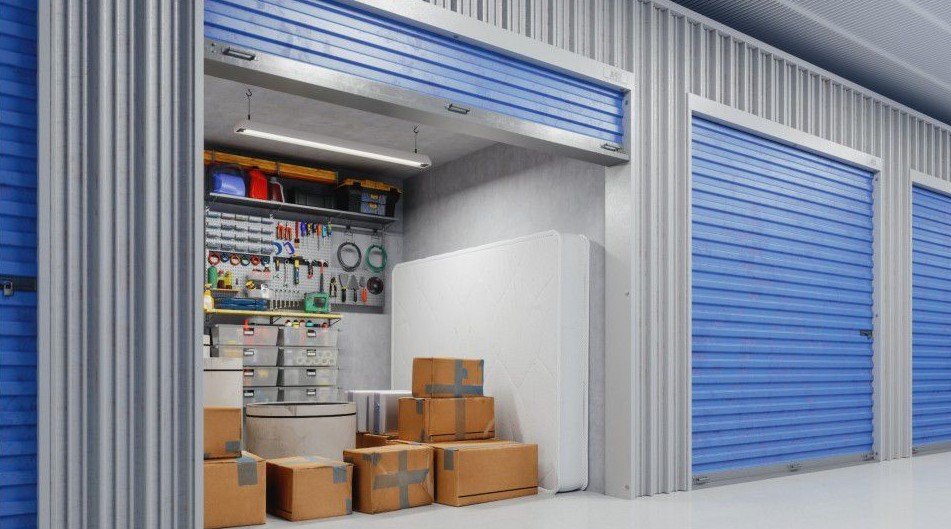Introduction
When it comes to relocating, whether for residential or commercial purposes, choosing the right moving and storage company is crucial to ensuring a smooth and stress-free experience. The process can be daunting, with so many options available, but with the right guidance, you can make an informed decision. This guide will walk you through the key considerations when selecting a moving and storage company, helping you avoid common pitfalls and make the best choice for your needs.
Understanding Your Moving and Storage Needs
Types of Moving Services
Moving services can vary greatly, from full-service moves where the company handles everything from packing to unpacking to more basic services like transporting your belongings. Choosing the right moving and storage options can help you find a service that best suits your needs.
Short-Term vs. Long-Term Storage Solutions
Depending on your situation, you may require short-term storage while you settle into your new home, or long-term storage if you need a place to keep items for an extended period. It’s important to understand the differences and what each storage option entails.
Residential vs. Commercial Moves
Residential moves typically involve household items, while commercial moves may include office equipment, furniture, and sensitive documents. Knowing the specifics of your move can help you find a company that specializes in the type of relocation you require.
Researching Local Moving & Storage Companies
How to Find Reputable Companies
Start by asking for recommendations from friends, family, or colleagues who have recently moved. Online platforms like Google, Yelp, and the Better Business Bureau (BBB) also provide valuable insights into local companies. Make sure to check the company’s track record and years of experience.
Online Reviews and Testimonials
Reading reviews and testimonials can give you a sense of the company’s reputation and customer service quality. Look for consistent patterns in the feedback—both positive and negative.
Checking Company Credentials
Ensure that the moving company is properly licensed and insured. In the U.S., reputable movers should have a U.S. Department of Transportation (DOT) number, which you can verify online. Additionally, check if the company is a member of any professional associations, such as the American Moving & Storage Association (AMSA).
Comparing Quotes and Services
How to Request and Compare Quotes
Obtain quotes from at least three different companies to compare services and prices. Make sure each quote includes the same services so you can make a fair comparison.
Understanding What’s Included in the Service
Clarify what is included in the quoted price. Does it cover packing materials, labor, transportation, and unpacking? Are there any additional services or fees for special items like pianos or fragile antiques?
Hidden Costs and Fees to Watch Out For
Be aware of potential hidden costs, such as charges for stairs, long carries, or storage. Ask each company to provide a detailed breakdown of all costs to avoid surprises on a moving day.
Evaluating Customer Service and Support
Importance of Good Communication
Effective communication is key to a successful move. From the initial inquiry to the final delivery, a company’s responsiveness and willingness to answer your questions can be a good indicator of their customer service.
How to Assess Customer Support
Test the company’s customer support by asking detailed questions during the consultation. How they respond can reveal a lot about their commitment to customer satisfaction.
Red Flags to Avoid
Be cautious of companies that provide vague answers, refuse to offer written estimates, or pressure you into making a quick decision. These are potential red flags that may indicate unreliable service.
Insurance and Liability Considerations
Types of Moving Insurance Available
Understand the different types of moving insurance, such as full-value protection and released-value protection. Each offers varying levels of coverage for your belongings.
Understanding Company Liability Policies
Most moving companies offer limited liability coverage based on weight. If you have valuable items, you may need to purchase additional insurance for full coverage.
Tips for Ensuring Your Belongings Are Protected
Take an inventory of your items, noting their condition before the move. This can help with claims if anything is damaged during the move.
Timing and Scheduling Your Move
Best Times of Year to Move
Moving during peak seasons, such as summer, can be more expensive and stressful due to high demand. Consider moving during off-peak times to save money and ensure availability.
How to Coordinate Your Move with Storage Needs
If you require storage, plan your move so that your belongings can be seamlessly transferred to a storage unit without unnecessary handling.
Tips for Avoiding Last-Minute Hassles
Book your moving and storage services well in advance to secure your preferred dates and avoid last-minute stress. Confirm all details with the company a few days before the move.
Contract and Agreement Essentials
What to Look for in a Moving Contract
Ensure the contract outlines all services, costs, and the agreed-upon timeline. It should also specify the company’s liability in case of damage.
Understanding Terms and Conditions
Read the terms and conditions carefully, particularly the fine print. Ensure you understand the company’s policies on cancellations, refunds, and disputes.
How to Handle Disputes and Claims
In the event of a dispute, document all communications and follow the company’s formal claims process. If necessary, you can escalate the issue to a regulatory body or seek legal advice.
Expert Insights
Quotes from Moving Industry Experts
Experts recommend focusing on the company’s track record, customer service, and transparency when choosing a mover. “A company’s reputation is built on trust, and that’s what you should prioritize,” says John Doe, a veteran in the moving industry.
Case Studies of Successful Moves
Consider reading case studies of successful moves to gain insights into what worked well and how potential challenges were overcome. These examples can provide valuable lessons for your move.
Future Trends in Moving & Storage
Emerging Trends in the Moving Industry
The moving industry is evolving with trends such as eco-friendly practices and digital inventory management. Staying informed about these trends can help you choose a company that offers modern solutions.
How Technology is Changing Moving & Storage
Technological advancements, such as virtual moving consultations and GPS tracking, are making moves more efficient and transparent. Look for companies that leverage these technologies to improve the customer experience.
Environmental Considerations and Green Moving Practices
As environmental awareness increases, more companies are adopting green practices, like using recyclable packing materials and fuel-efficient vehicles. If sustainability is important to you, consider choosing One Deal Moving, a company that aligns with these eco-friendly values.
Conclusion
Choosing the best moving and storage company requires careful consideration of various factors, from the services offered to customer support and insurance options. By following the guidelines outlined in this article, you can make an informed decision that ensures a smooth and successful move. Remember to plan, compare your options, and prioritize companies with a solid reputation and excellent customer service.






